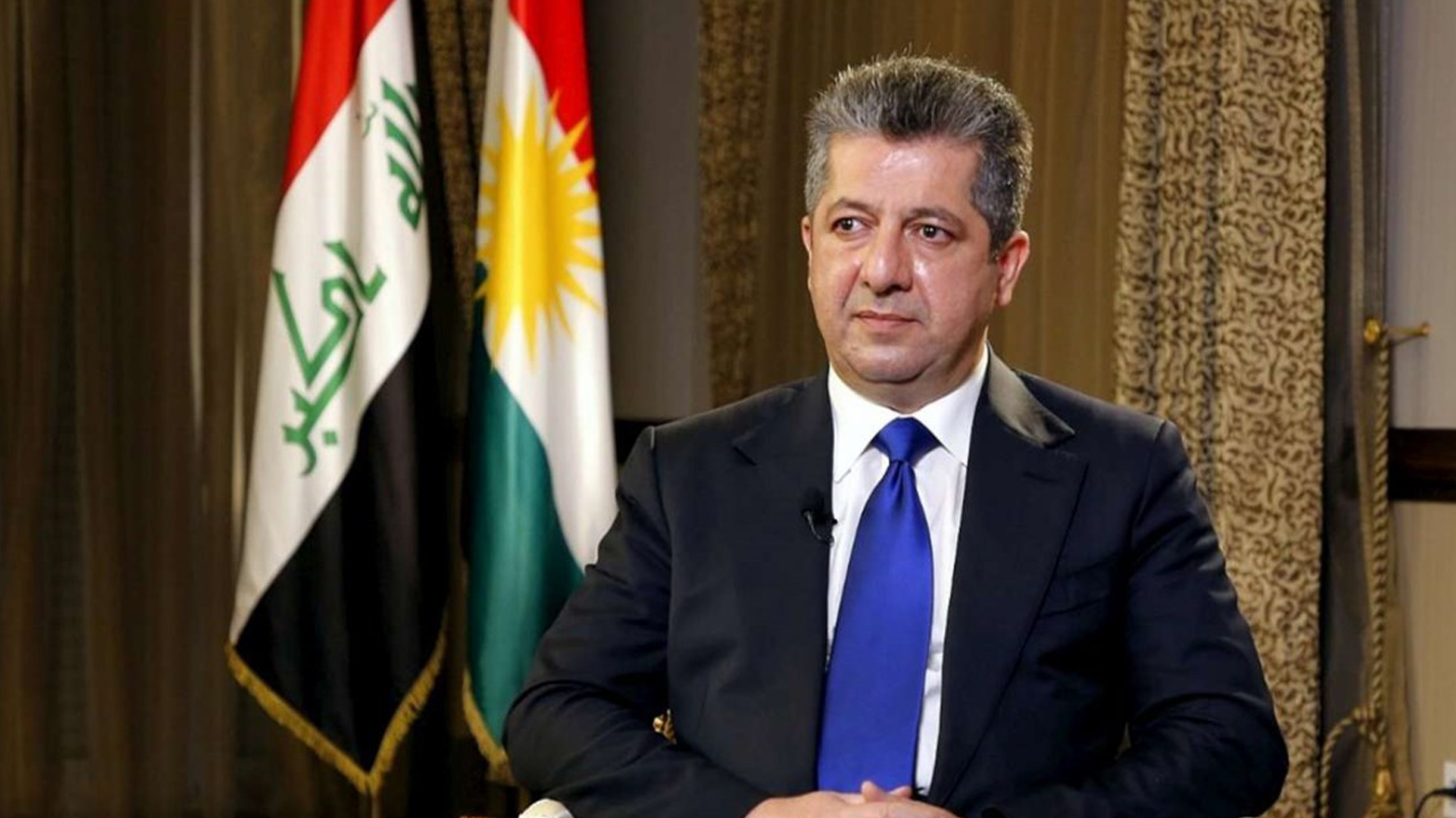Prime Minister Barzani Offers Condolences to Grand Ayatollah Sistani on Wife’s Passing
Sistani, Iraq’s most influential Shia cleric, commands the spiritual following of millions, with his guidance shaping the country’s political, social, and religious life.

ERBIL (Kurdistan24) — Kurdistan Region Prime Minister Masrour Barzani extended heartfelt condolences on Monday to Grand Ayatollah Ali al-Sistani, one of Iraq’s most revered Shia religious leaders, following the death of his wife.
In a statement posted on X, Barzani addressed Sistani and his family, expressing deep sympathy and prayers for the deceased. “We ask Almighty God to grant her vast mercy, place her in His spacious paradise, and inspire patience and solace for His eminence and her family,” Barzani wrote.
Grand Ayatollah Sistani, based in Najaf, is widely recognized as the spiritual leader of millions of Shiite Muslims in Iraq and beyond.
His guidance has been influential in Iraq’s political, social, and religious spheres, particularly since the fall of Saddam Hussein in 2003.
While Sistani typically maintains a low public profile, his pronouncements on social and political matters carry significant weight and are respected across sectarian lines.
The passing of his wife is a rare personal loss that resonates deeply within the Iraqi community. Leaders across Iraq and the Kurdistan Region frequently convey condolences in such instances, reflecting both cultural traditions of respect and the high regard in which Sistani is held.
Barzani’s message highlights the Kurdistan Region leadership's ongoing efforts to maintain cordial relations with prominent religious authorities in Iraq.
Over the years, interactions between the Kurdish leadership in the Kurdistan Region and Shiite religious figures, including al-Sistani, have been crucial in fostering dialogue, promoting stability, and encouraging cooperation on national issues.
The condolence also highlights the broader cultural and religious practices in Iraq, where expressions of sympathy from political and community leaders are considered an essential gesture of solidarity and respect during times of personal loss.